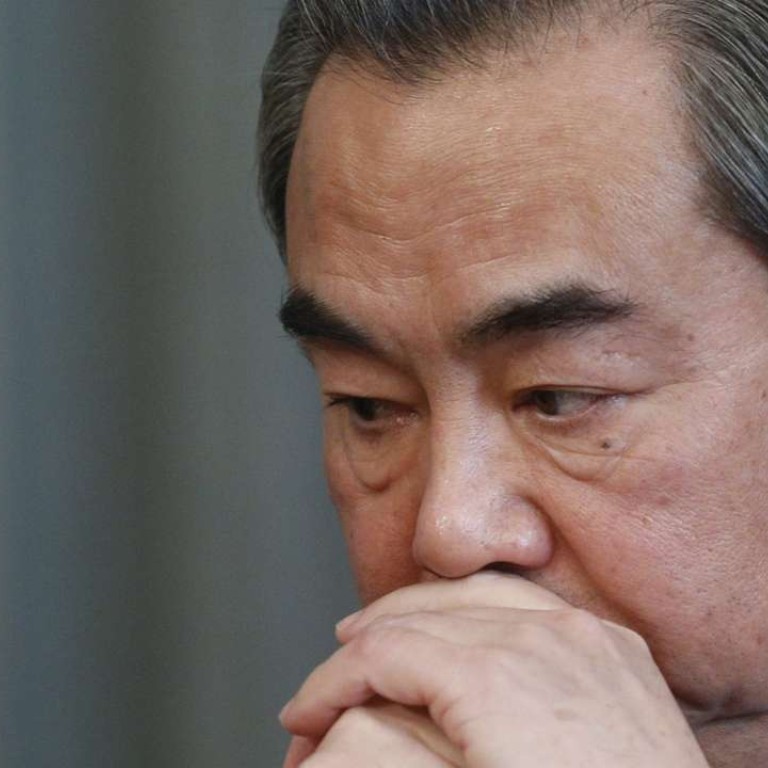
China reaffirms its commitment to North Korea sanctions
In phone conversation with Japanese counterpart, Chinese Foreign Minister Wang Yi also calls for new talks with Pyongyang on nuclear disarmament
China, North Korea’s most important ally, has reaffirmed its commitment to fully implement United Nations sanctions against Pyongyang over its recent nuclear tests and missile launches.
The pledge came as the Hermit Kingdom’s leader Kim Jong-un said his country would soon conduct more nuclear warhead and missile tests, official media said yesterday. The tests would be in violation of UN sanctions.
In a phone conversation with his Japanese counterpart, Fumio Kishida, Chinese Foreign Minister Wang Yi also called for new talks with North Korea on nuclear disarmament, the ministry said.
Since agreeing to the new sanctions, China has redoubled calls for a two-track solution aiming to resolve the nuclear issue while forging a permanent peace agreement to replace the armistice that ended the 1950-53 Korean war.
While China remains North Korea’s biggest source of economic help and diplomatic support, it agreed to the new measures out of frustration at Pyongyang’s defiance of both previous UN resolutions and Beijing’s persistent calls to avoid provocations. The latest tensions began in January, when North Korea conducted its fourth nuclear test before launching a long-range rocket.
“In discussing the Korean peninsula nuclear issue, the two sides agreed that ... the sanctions must be fully and completely implemented, while during the process of implementing the resolution, ways be explored into how to restore a means of resolving the peninsula nuclear issue through negotiations,” the foreign ministry said.
Kim gave the instruction for the test after extolling what the country’s state media described as a warhead’s successful simulated atmospheric re-entry.
In their phone conversation on Monday, the two ministers also discussed the often-strained relationship between their countries, with Wang urging Japan to make “constructive efforts” to improve ties, the ministry said.
Wang told reporters at a news conference last week that he saw “little ground for optimism” in the outlook for China-Japan relations. While giving no specifics other than Japan’s “wrong approach to history and other issues”, he accused Japanese leaders and politicians of “making trouble for China at every turn.”
Relations between the two neighbours have been generally calm since violent anti-Japanese riots broke out in several Chinese cities in 2012 after Japan nationalised a chain of uninhabited islands claimed by China.
Yet, while a brief 2014 meeting between President Xi Jinping and Japanese Prime Minister Shinzo Abe marked a restoration of high-level contacts, ties have since moved at a glacial pace.

